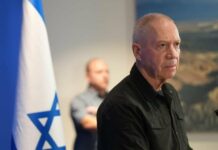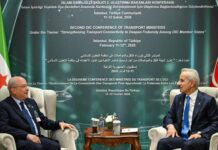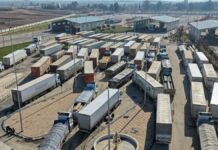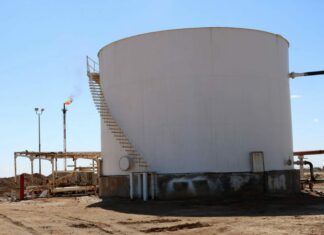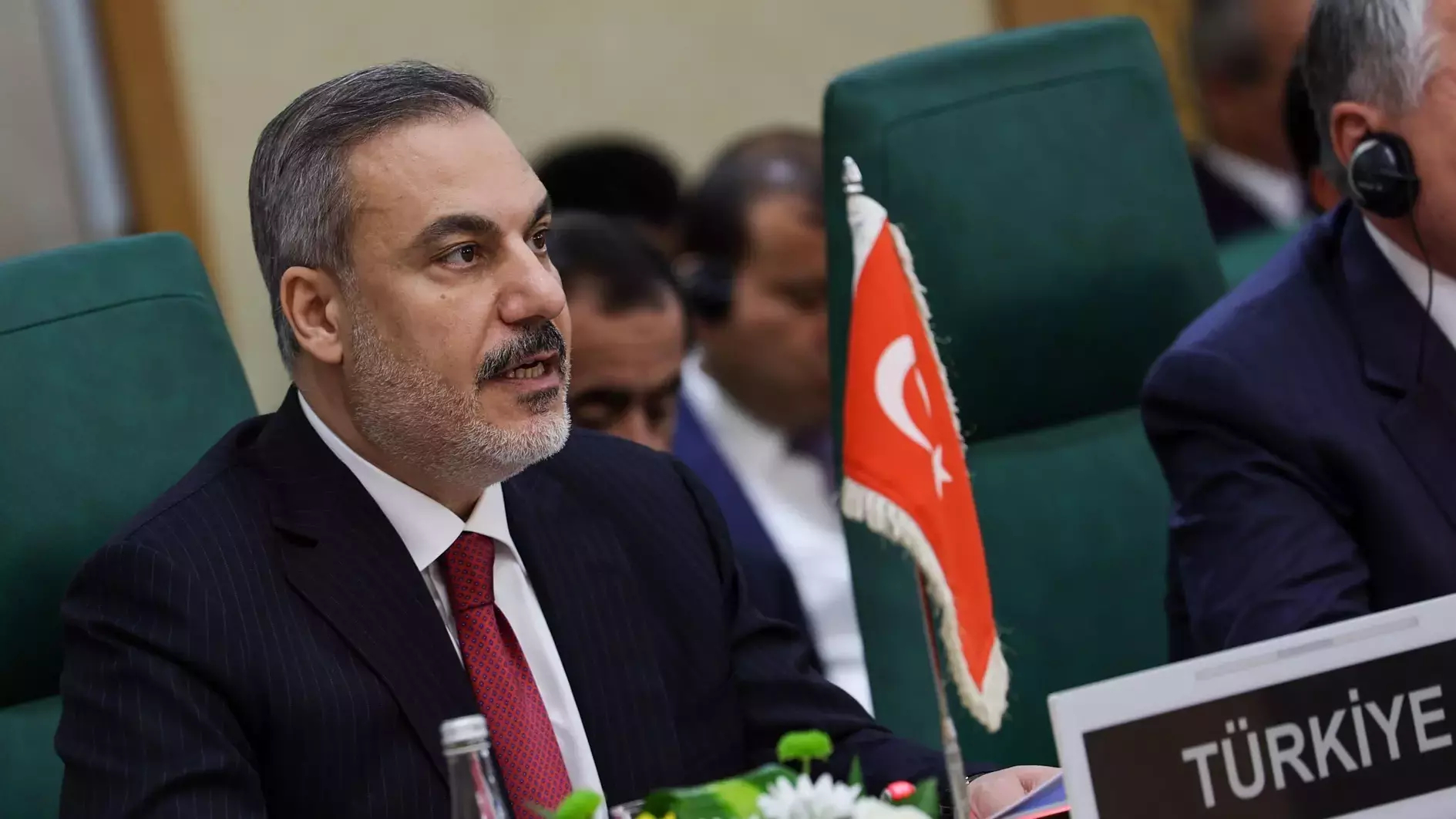
For the first time in 13 years, Turkey has participated in an Arab League meeting, marking a significant milestone in Ankara’s ongoing efforts to rebuild and strengthen diplomatic relations with Arab states. Turkish Foreign Minister Hakan Fidan attended the Arab League ministerial session in Cairo, reflecting Turkey’s increasing engagement in regional diplomacy.
This participation highlights Turkey’s evolving foreign policy, which seeks to resolve long-standing tensions with Arab states and the Assad regime. Recent efforts are in light of Turkey’s complex role in Middle Eastern conflicts, particularly in Syria and Libya, where it has been deeply involved.
Turkey’s ties with Arab countries have been strained for much of the past decade. Disputes over Syria, Libya, and Turkey’s military presence in Iraq and Somalia, along with its support for various factions during the Arab Spring, drove a wedge between Ankara and key Arab League members. Most notably, Turkey’s intervention in the Syrian revolution and its support for revolutionary groups opposing Assad created rifts and strained relations.
However, recent developments show Ankara’s determination to mend these strained relationships. Turkish President Erdogan’s government has made significant strides in restoring ties with the Kingdom of Saudi Arabia (KSA), the United Arab Emirates (UAE), and Egypt. This normalization effort also extends to Assad, where Turkey has been in talks with his regime, despite deeply rooted hostilities.
Omer Celik, spokesman for Turkey’s Justice and Development Party (AKP), outlined a cautious yet deliberate approach to normalizing relations with the Syrian regime. Speaking to Turkish media, Celik emphasized that the process involves a multi-stage plan, beginning with intelligence cooperation, followed by meetings between defense and foreign ministers. “We are only in the first phase now,” Celik said, adding that it is difficult to predict when a meeting between Erdogan and Assad might occur.
One of the main factors complicating Turkey’s rapprochement with the Assad regime is its relationship with the US. Washington has expressed dissatisfaction with the normalization process between Turkey and Assad, particularly because of US support for the Syrian Democratic Forces (SDF), which Ankara views as a terrorist organization due to its ties to the PKK. The SDF has been a point of contention between Turkey and the US, straining the NATO allies’ relations over the years. Celik suggested that the potential reconciliation between Ankara and Damascus poses a threat to US-backed Kurdish groups in Syria.
President Erdogan has repeatedly called for an “Islamic solidarity axis” among Muslim nations to counter perceived regional threats, particularly from Israel’s ongoing actions in Gaza and the West Bank. He framed the normalization efforts with Assad as part of this initiative. His remarks follow the killing of American-Turkish activist Aisha Nur Azgi Aygi by Israeli forces, further heightening tensions between Turkey and Israel.
Erdogan warned that Israel would continue its expansion beyond Gaza, potentially targeting Ramallah, Lebanon, and Syria. He urged Islamic nations to strengthen their cooperation in response, framing Turkey’s reconciliation with Egypt and Assad as a step toward uniting the region against shared external threats.
Egyptian President Sisi, once at odds with Erdogan, played a crucial role in securing Turkey’s attendance at the meeting. The Arab League, which previously condemned Turkey for its military interventions in the region, dissolved a committee that had been formed to monitor “Turkish interference” in Arab affairs.
A Turkish source quoted by Middle East Eye suggested that Fidan’s invitation to the Arab League meeting reflected a growing interest in Turkey’s role in the region and the potential for future cooperation. The source added that Turkey’s involvement in the Arab League could facilitate solutions to ongoing regional crises, particularly in Gaza and Syria.

